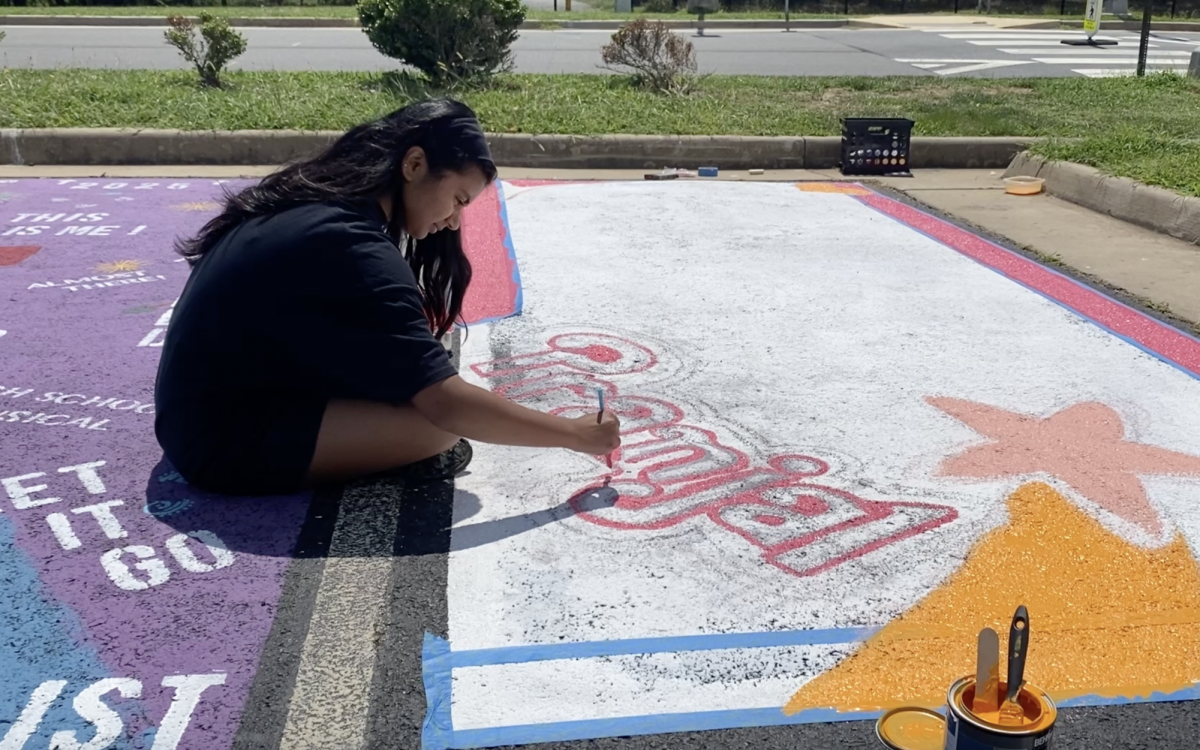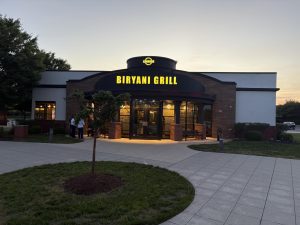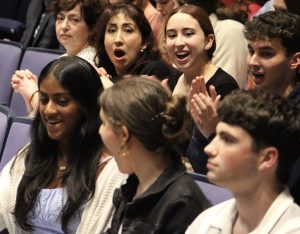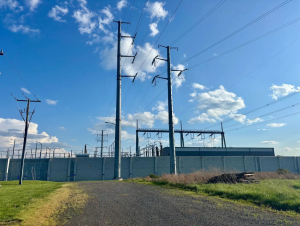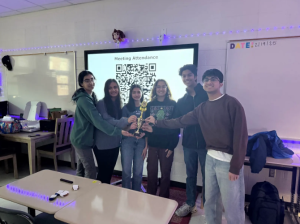A Underappreciated Beacon in the Halls: The Phoenix Special Education Program
Managed by educators that care for the students, the special education program works to give every student a chance to grow and learn. This Autism Awareness Month, let’s build connections with this caring community.
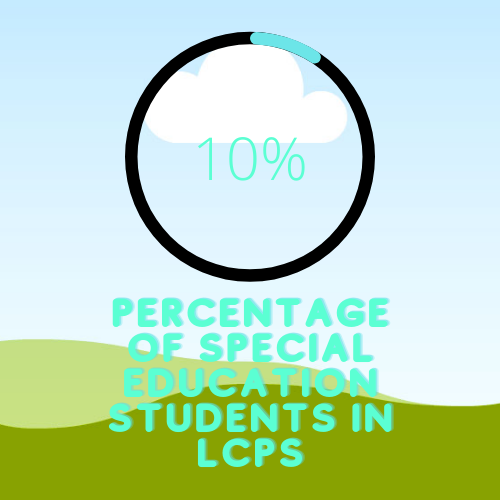
Roughly 11% of students are enrolled in specialized courses in LCPS. “Alongside the core subjects and what the student has chosen, Rock Ridge has worked to provide an environment where they are most comfortable to learn in,” learning specialist Ashley O’Bar said.
April 21, 2022
Senior Chris Avery has been pursuing classes in computer and information systems, and is planning to go to Northern Virginia Community College after graduation. Throughout his high school career, Avery established a community with friends and teachers and pursued a love for technology. Avery also has an IEP, or Individualized Education Program. An IEP is a document that permits the student to be in a specialized program.
This program sets up individualized goals for the students, and explains what services the school will provide for them. Avery stated he was put in an IEP in fifth grade; he was confused at first, since he’s never done anything like it. Beyond the struggles of integrating into the program, his IEP allowed him to greet and befriend fellow students. “My program allowed me to meet people, I learned and chose the career I wanted,” Avery said.
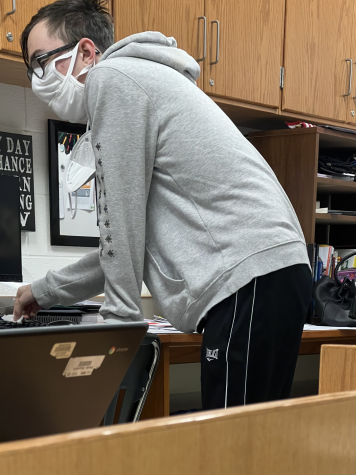
What are Specialized Programs?
Rock Ridge established a special education program when the school was founded in 2014. The goal of the program is to provide students who have special needs a comfortable place to learn. Learning specialist Ashley O’Bar said that alongside the normal curriculum of school, special education teachers make sure to teach students soft skills, preparing students for life after high school. These soft skills are executive functioning skills, and include concepts like planning, organization, time management, attention, metacognition, self control, and perseverance. “We have a specifically designed program for each student going off their specific learning needs,” O’Bar said.
Furthermore, the school has also made it a top priority to provide a safe environment for its students. Special education instructor Brittany Thomas joined the Rock Ridge staff last year, and has made it her mission to provide students a comfortable learning environment. “I support students and their mental health,” Thomas said. “So if someone is having an off day and they need a quiet place to be, or they just need to talk, then I help them through and process what’s going on in their life.”
Special education instructors aren’t the only teachers interacting with the special education student population. Educators from world history teacher Justin Brown to cybersecurity teacher Roxana Cromwell teach a variety of students with special education students in an integrated classroom setting filled with other members of the student body.
Bridging Communities
The Rock Ridge special education department has strived to bridge the communities of special education students with the entire student body. “We call it ‘inclusion,’ making sure our students are not separated,” O’Bar said. During the school day, you can see students conversing with everyone in the student body between classes. Thomas described that she has seen students wave to her special education students and are always polite. However, they aim to make inclusion efforts even stronger. “There’s always room for improvement, it’s something we are always striving for,” O’Bar said.
Sophomore Noor Jiwad believes that connecting the special education students with the rest of the student body is important. “I feel like there could be a lot more room for connecting, I feel like the school system kinda tries to make it as separate as possible, because their idea of inclusive education is separating it.” Jiwad said. “I feel like instead of mandating that there’s different classrooms, I feel like teachers should have mandated training on how to deal with neurodivergent students,” Jiwad said.
Avery has stated a similar desire to teach his peers more about his learning disabilities. “I do think the administration should consider teaching [the student body] more [about us], since outside of my class, I don’t interact with the rest of the student body.” Avery said. “If we work together, we have the ability to change the system for the better.”
As a fellow Phoenix, learning more about my peers in the special education program at an earlier time such as elementary school would have been beneficial. Learning at an early age that there is a huge spectrum of people in school who learn at different paces would be helpful because ideas of accepting people who are different from you would be taught at an early age. Furthermore, the special education student body would be more joined with the rest of the student body, expanding student’s friendships and the school community into the future.
My own experience comes from my brother. He’s going to rise to become a Phoenix in a couple of years, and the specialized program here at RRHS reassures me about his future time here. I’ll always remember the first time I visited him in class as a part of an event, and seeing him ecstatic to learn.
Rock Ridge’s special education program is incredible to the community. O’Bar, Thomas, and all the educators have helped to build a population of students who are kind and caring, and the teachers are looking forward to seeing their students like Avery graduate and go into the world, prepared in all aspects of life. The rest of the student body would benefit from building connections with this caring community. Thomas and other instructor’s doors are open for questions on how to make these connections. The future for special education lies with students voicing their opinions for teachers to hear.

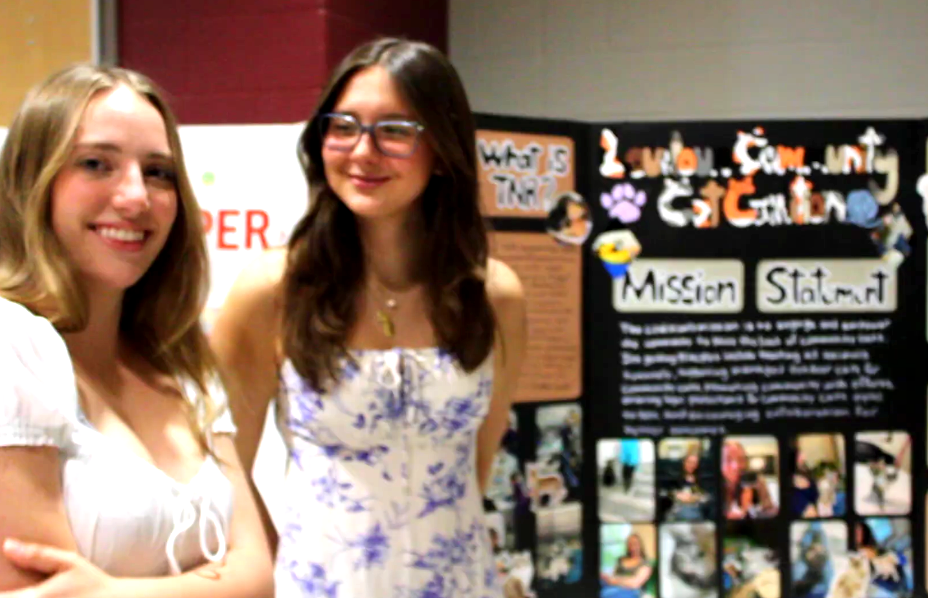
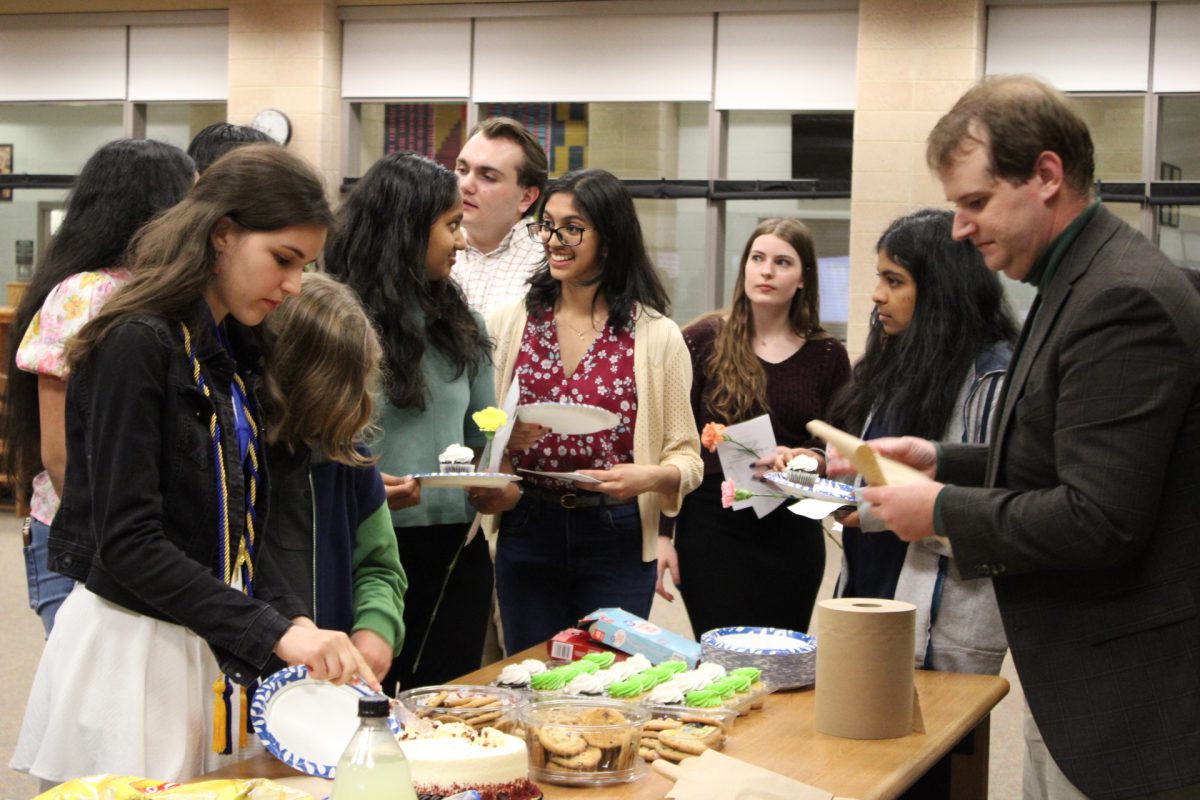






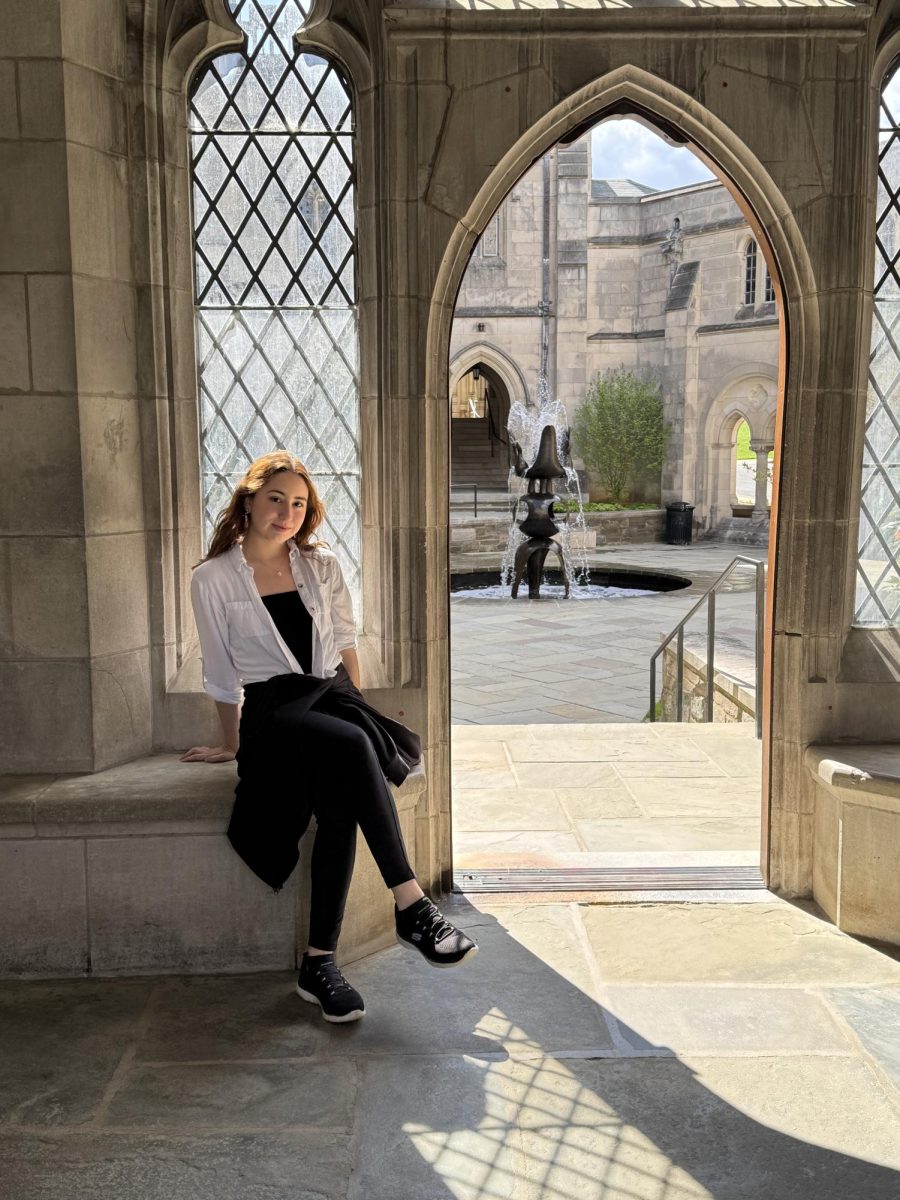
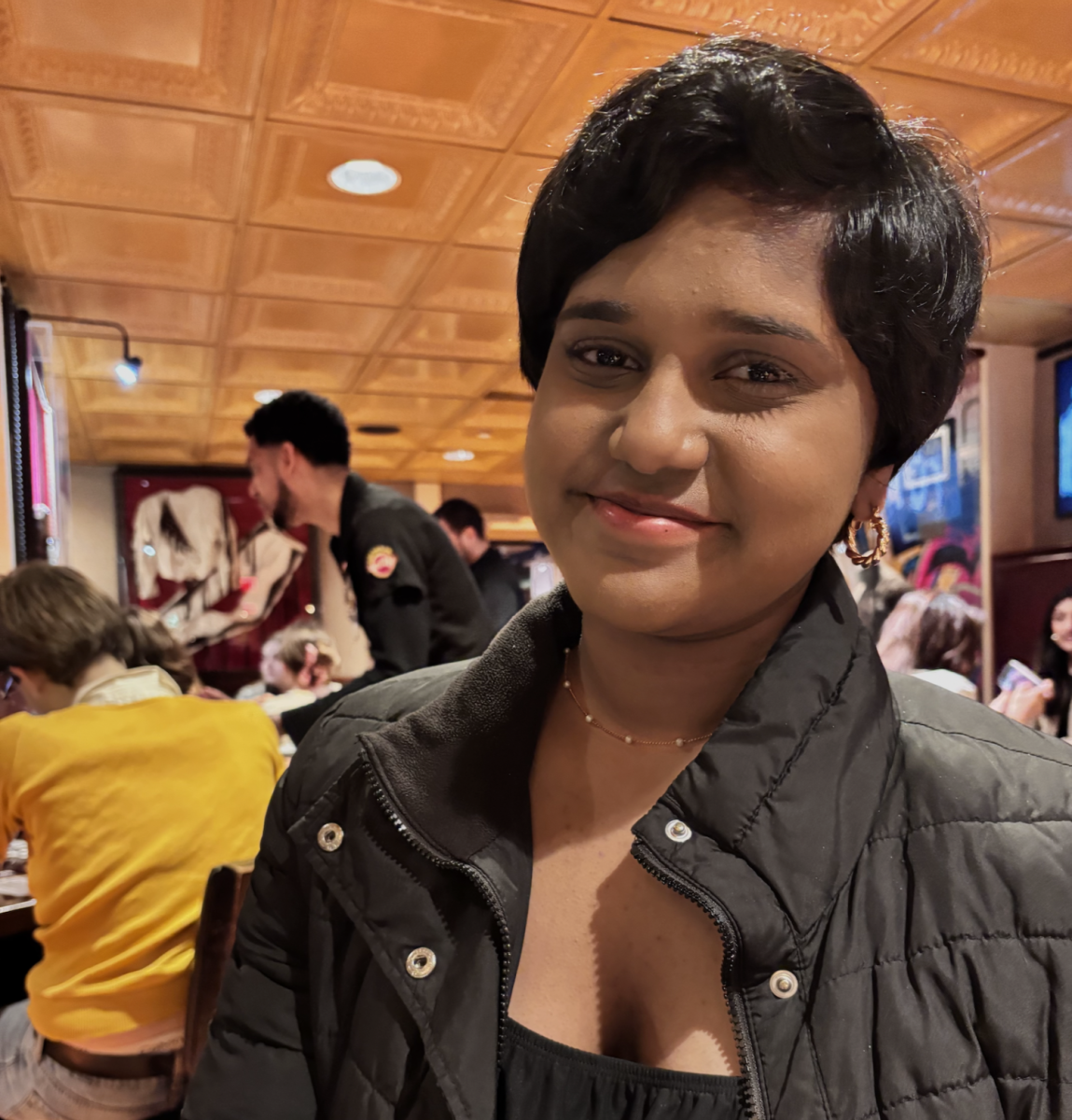


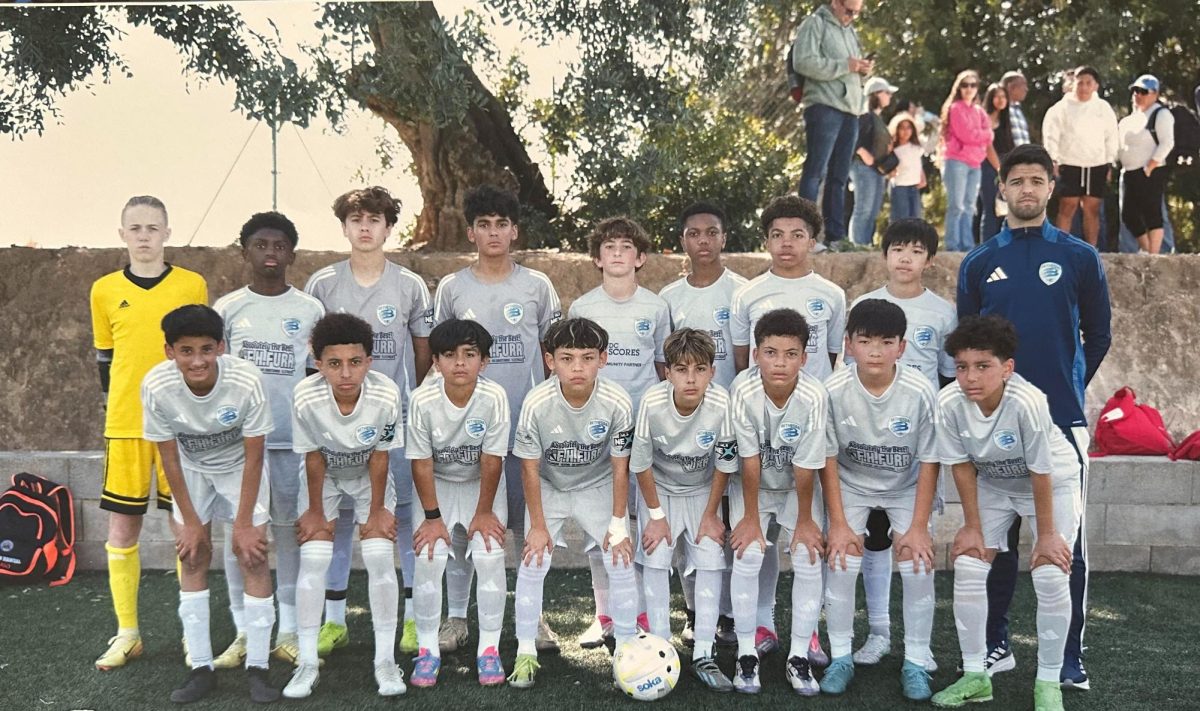



![The Phoenix varsity volleyball team lines up for the national anthem. “We were more communicative [with each other] during this game, and I feel like we kept our energy up, especially after the first set,” senior Jessica Valdov said.](https://theblazerrhs.com/wp-content/uploads/2024/10/DSC_0202-1200x800.jpg)








![Junior Alex Alkhal pitches the ball. “[I] just let it go and keep practicing so we can focus on our goal for the next game to get better as a team,” Alkhal said.](https://theblazerrhs.com/wp-content/uploads/2025/05/DSC_0013-1-1200x929.jpg)


















